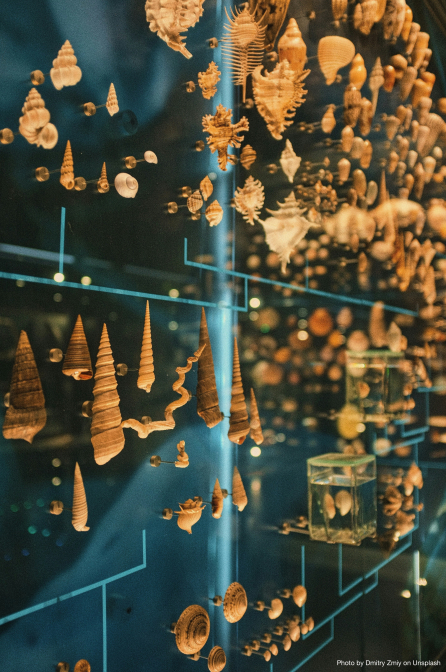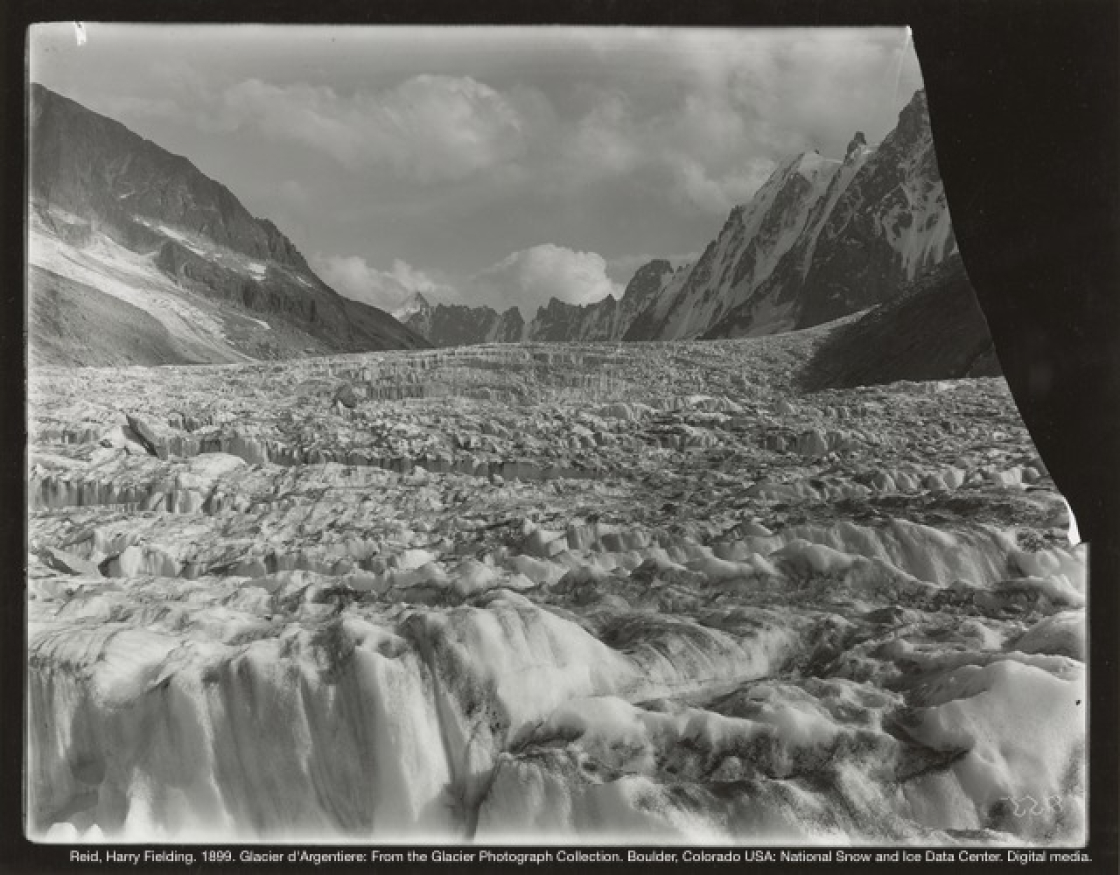Do you work with heritage collections? Are you interested in climate action, especially climate adaptation? Are you based in a country on the OECD’s Development Assistance Committee (DAC) list of Official Development Assistance (ODA) recipients?
Apply to take our series of online workshops and learn how your work can contribute to the Sustainable Development Goals (SDGs) of the UN 2030 Agenda, particularly to climate action and adaptation.
This series is developed as a partnership between ICCROM's Our Collections Matter initiative and the Institute of Archaeology, University College London, United Kingdom. It is supported by funding from the UK Arts and Humanities Research Council.
The Paris Agreement notes that adaptation is a “global challenge faced by all with local, subnational national, regional and international dimensions”. Furthermore, the United Nations’ Action for Climate Empowerment is a programme to strengthen action for the Paris Agreement, along with the Global Goal on Adaptation, which includes a focus on cultural heritage. The programme aims to empower everyone to understand and contribute to these high-level, high-ambition goals.
Geared towards heritage professionals working with collections, or in a collections-based organization such as a museum, archive or library, this training will support you in turning your sustainable development aspirations into meaningful action, through interactive webinars and the development of a concrete plan, using ICCROM’s Our Collections Matter Toolkit.
How it works
Selected applicants will participate in six online workshops, each of which is two hours long, to learn more about climate action and adaptation, Agenda 2030 and the Sustainable Development Goals (SDGs).
By participating in these workshops you will boost your institution's capacity to set achievable goals and select relevant tools from the Our Collections Matter Toolkit to meet them. You will leave the series with improved ‘SDG literacy’ and a concrete plan, or at least the basis of a plan, to implement in your organization, focused on climate action and climate adaptation. The specific activities you decide to work on as a result of the series will be driven by you and your local context.
Between workshops, you will have some short pieces of ‘homework’ to do.
Online workshops are also a chance for you to share your past and present experiences with climate action, adaptation and the SDGs with fellow participants from different countries. One of the aims of this initiative is to gather evidence of how people and organizations are already working towards climate action, adaptation and sustainable development through collections and collections-based activities. You will have opportunities to share your work to contribute to this body of information and evidence.
Up to 15 diverse collections-based organizations will be selected to participate. The workshops will be conducted in English, with an AI-based translation captioning into multiple languages during the plenary sessions, with discussion time to help participants learn from each another.
Upon successful completion, your organization will receive a certificate.
When you have completed the implementation of your plan, you will have the opportunity to showcase your activity on ICCROM's website, inspiring many others internationally to contribute to climate action, adaptation and sustainable development through collections-based work.
Selected organizations will not be required to pay any fee.
The highly participatory and interactive workshops will be delivered entirely online. Before applying, please consider if you have access to a stable internet connection, a suitable device to connect and participate, and the availability to attend all live meetings online.
| Webinars will be held at: | |
| 14 January 2025 | 2-4pm GMT |
| 21 January 2025 | 2-4pm GMT |
| 28 January 2025 | 2-4pm GMT |
| 4 February 2025 | 2-4pm GMT |
| 11 February 2025 | 2-4pm GMT |
| 18 February 2025 | 2-4pm GMT |
Eligibility
This opportunity is open to anyone working in a collections-based organization of any size, including museums, libraries and archives.
You must be based in and working in a country on the DAC list of ODA recipients. Before applying, please check that the timing of the webinars will be possible for you to attend.
No prior knowledge of sustainable development, climate action or climate adaptation is necessary, but you should be committed to directing your work and the activities of your organization towards creating a better future for everyone. That includes upholding the principles of Agenda 2030 and the SDGs, with their focus on people, planet, prosperity, peace and partnership.
How to apply
Please fill out the application form and send it to collectionsmatter@iccrom.org
The deadline to apply is 8 November 2024
Expectations
Successful applicants will be expected to:
- Attend all six webinars.
- Make use of relevant tools within the Our Collections Matter Toolkit over the course of 2025.
- Summarize their experiences in a format provided, including the aspirations or challenges addressed, the tools used and the outcomes achieved.
- Have the full support and endorsement of the collections-based organization they work for.
Selection criteria
Participants will be selected to represent a range of:
- Countries and regions
- Collection types
- Institution types
- Collections-related activities
What are the benefits of taking part:
Benefits to participants and their organizations: development of knowledge, confidence and practical skills in planning, undertaking, monitoring and communication climate adaptation actions drawing on collections.
Benefits to wider society: heritage assets (collections, associated knowledge, organizations) are more effectively mobilized to support climate adaptation and protected from current and future climate impacts.
Benefits to heritage research: new perspectives and experiences are added to the existing body derived from Reimagining Museums for Climate Action and other similar initiatives involving collections-based organizations.
Benefits to the heritage sector: the information gathered through the project would promote adaptation options based on past and current experiences by professionals in Low and Medium Income Countries (LMICs).
Benefits to climate policy and action: Museums, collections, public education and participation are already features of climate policy and the Glasgow work Programme. This initiative also aims to ensure that policy and practice and connected as a two-way flow, to foster truly inclusive sustainable development and adaptation options.


